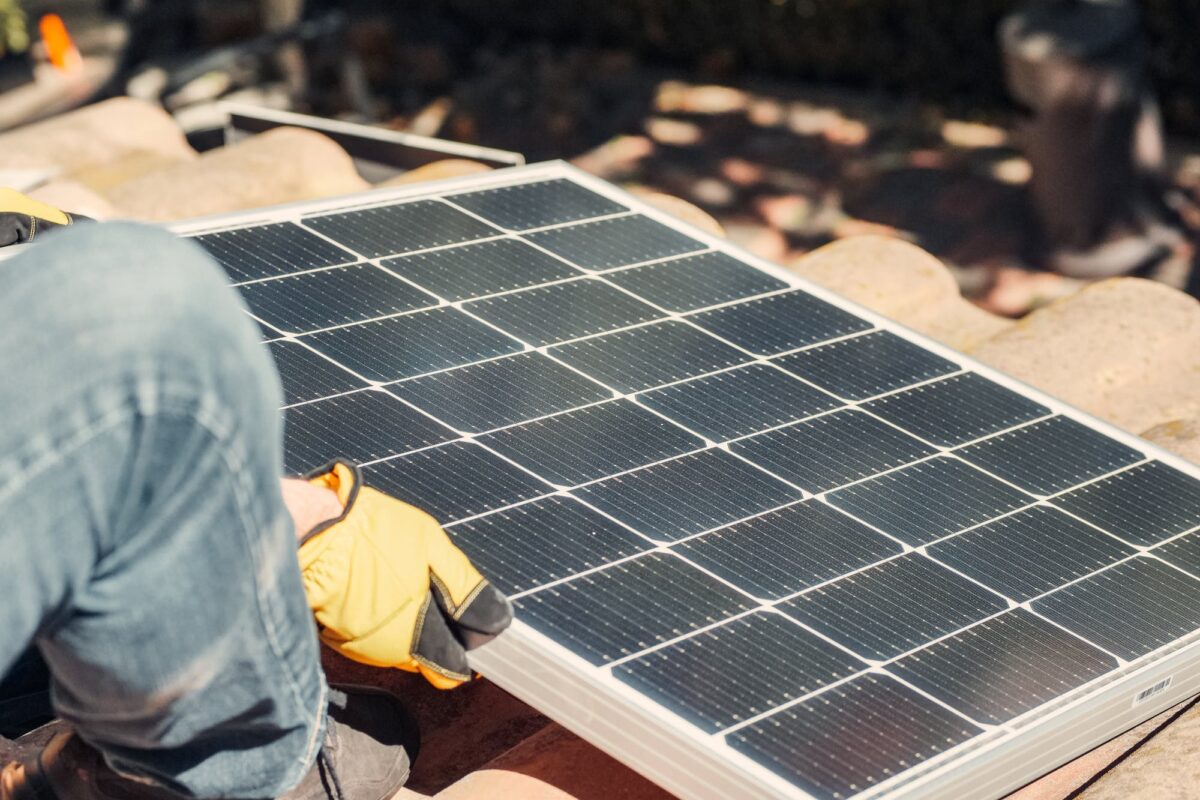The U.S. Department of the Interior’s Bureau of Land Management (BLM) is offering 4,836 acres in Beaver County, Utah, to be bid on by solar developers. The land is designated the Milford Flats South Solar Energy Zone.
Generally, tens of millions of acres of BLM land is designated as available for certain types of development, but developers are responsible for choosing locations and submitting a bid. By contrast, Milford Flats is available as a result of the Energy Act of 2020 (P.L. 116-260), which aims to deploy 25 GW of solar, wind, and geothermal production on public lands no later than 2025. It may be the first piece of pre-vetted land offered for bidding by the BLM.
The Milford Flats project page contains maps, bidding directions, and an early-stage environmental analysis. The BLM released a video of the site, with panoramas set to a techno/dance beat.

A 60-day bidding period started on September 10. The BLM said it believes that the three parcels in the zone could host up to 600 MW of solar power. It also speculates that development would create 200 construction jobs and 15 long-term operations positions. Beaver County is home to around 6,700 people and is around 230 miles southwest of Salt Lake City.
The preliminary environmental analysis by the BLM suggested that as many as 11 mammals and birds might be affected by any project development. However, it stated that it chose the land based on what it said was a low probability of environmental, cultural, and other potential side effects.

Grazing must also be considered in any applications. BLM specified that solar developers would have to bid at least 20% more than the going rates of $8.76/acre/year from local ranchers. The current minimum bids for annual grazing on the three parcels range from $2,718 to more than $23,000. These bid numbers don’t necessarily represent the full amounts the site leaseholders will pay.
Eight ranchers with former grazing rights on the land could be affected by the development. Leaseholders would be expected to build new fences to keep the solar allotments and grazing land separated.
BLM said the site will need transmission upgrades. Its data suggest that after the solar project’s onsite transformers step up the voltages from the inverter to the grid, developers will need to connect to Rocky Mountain Power’s existing Sigurd to Red Butte 345 kV transmission line. The lines will likely cross public and private lands to reach the point of interconnection, and could be anywhere from two to seven miles in length.
This content is protected by copyright and may not be reused. If you want to cooperate with us and would like to reuse some of our content, please contact: editors@pv-magazine.com.








By submitting this form you agree to pv magazine using your data for the purposes of publishing your comment.
Your personal data will only be disclosed or otherwise transmitted to third parties for the purposes of spam filtering or if this is necessary for technical maintenance of the website. Any other transfer to third parties will not take place unless this is justified on the basis of applicable data protection regulations or if pv magazine is legally obliged to do so.
You may revoke this consent at any time with effect for the future, in which case your personal data will be deleted immediately. Otherwise, your data will be deleted if pv magazine has processed your request or the purpose of data storage is fulfilled.
Further information on data privacy can be found in our Data Protection Policy.